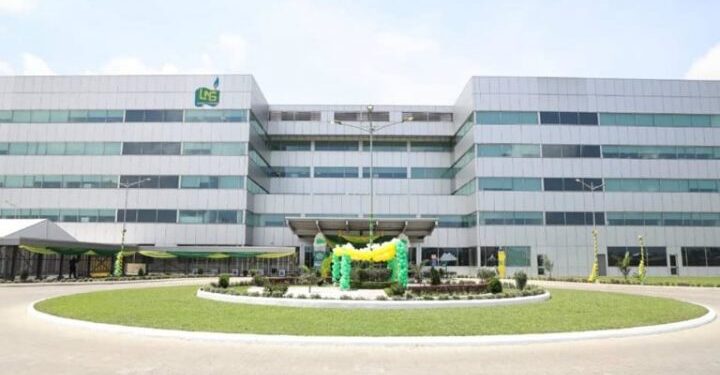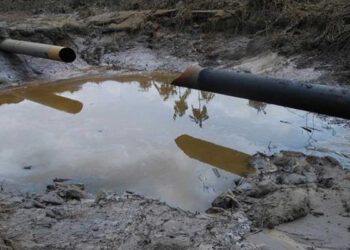A London court has ordered Nigeria LNG (NLNG) to pay $380 million in compensation to two major global commodity traders, Vitol and Glencore, after winning a legal battle against Nigeria’s sole liquefied natural gas producer.
According to a Reuter’s report quoting court documents, NLNG was ordered to pay the two companies for failing to deliver contracted LNG cargoes.
The international news network explained that the supply contract was between NLNG and another trading firm, Taleveras, in which the latter was supposed to receive 19 LNG cargoes from NLNG between 2020 and 2021.
Taleveras had reportedly pre-sold some of these shipments to Vitol and Glencore, but when NLNG failed to deliver, the two companies sued Taleveras, setting off a chain of litigation.
The case was reportedly heard in London’s High Court and Court of Appeal and last week, the court rejected NLNG’s appeal, confirming that the company must pay approximately $260 million to Vitol and $120 million to Glencore.
NLNG, a joint venture in which Shell, TotalEnergies, and Eni hold minority stakes while Nigeria’s state-owned oil company owns 49%, declined Reuters’ request for comment on the ruling saying it was still reviewing the judgment.
Shell and Eni also refused to comment, while TotalEnergies did not respond to inquiries.
Taleveras, founded by Nigerian businessman Igho Sanomi in 2004 and now based in Dubai, also declined requests for comments on the ruling.
It is not clear how much Taleveras itself will receive beyond the $380 million owed to Vitol and Glencore. However, a full written judgment is expected to be released in the coming weeks.
Post-COVID trend of litigations in LNG market
Reuters noted that the lawsuit is part of a broader trend of legal disputes in the energy market, where buyers have taken action against producers for failing to honor contracts.
- Gas prices, which plunged during the COVID-19 pandemic, surged dramatically after Russia’s invasion of Ukraine in 2022.
- European gas prices fluctuated sharply, dropping to 3.63 euros ($4.14) per megawatt-hour in 2020 due to low demand during the pandemic. However, it soared to 311 euros ($328) per MWh in 2022 after the Ukraine invasion disrupted supplies.
- Some producers were accused of diverting contracted volumes to the more lucrative spot market while failing to fulfill long-term trade agreements.
An example is a litigation in which Shell and BP took legal action against U.S. gas exporter Venture Global LNG for not delivering agreed cargoes. Venture Global blamed the delays on technical issues at its facilities.
Nairametrics reported that NLNG was a defendant in a suit filed by the Incorporated Trustees of the National Association of Plants Operators (NAPO) over the alleged denial of registration of the trade union by the Ministry of Labour.























